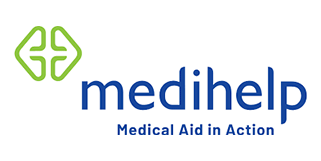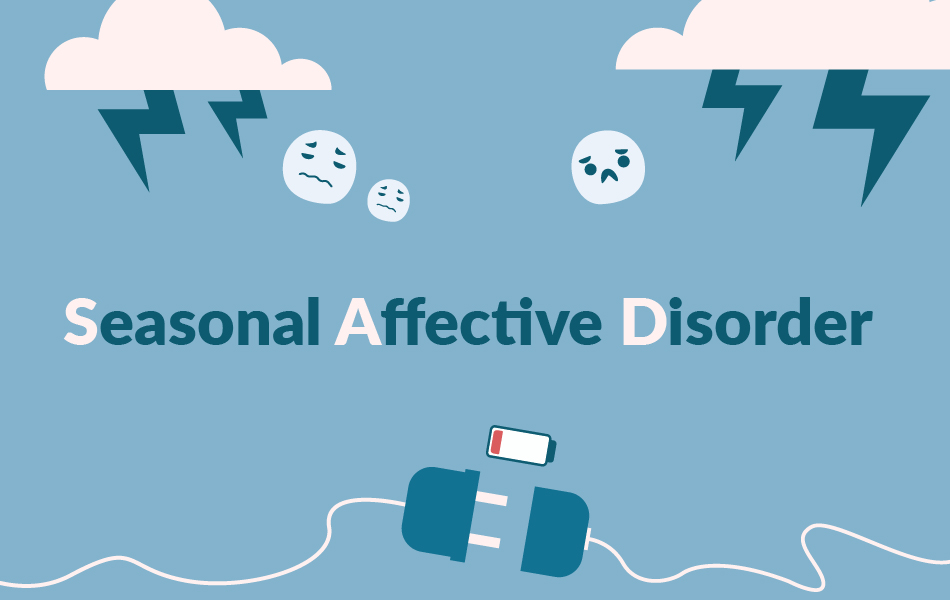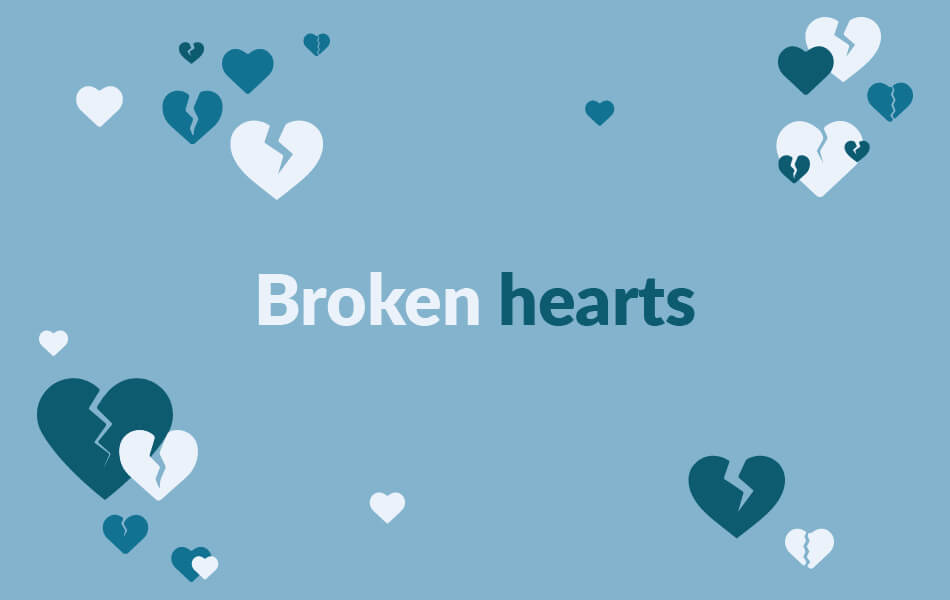Self Harm
Why You Should Seek Treatment for Self Harm
The effects of self-harm does not begin and end with the physical damage done to the body.
It can be said that the psychological effects are far more damaging. If you think about it, the mental state required to bring about self-harm in the first place implies an individual is struggling greatly with negative thoughts and emotions. And it is just these thoughts and feelings – and the person’s inability to manage them – that poses a considerable risk to well-being. Some of the physical consequences of self-harm include scarring and wounds, bald spots, infection, and nerve damage.
Psychologically, someone who self-harms might have low self-esteem, depression, as well as feelings of shame and guilt.

Get in touch with a professional
Contact us today if you or a loved one needs professional help with anxiety.
Self Harm Treatment

What is Self Harm?
Self-harm, or self-injury, refers to the condition where an individual purposely harms their body. This condition doesn't usually mean the person is suicidal, but rather that the injury and pain inflicted help them deal with emotional and psychological distress. People who self-harm often describe intense feelings of relief and a sense of calm right after they hurt themselves. It's as if the physical release of tension allows for a mental release as well. This might seem harmless in and of itself because the person's desire is never to do any severe damage to themselves. However, if left unchecked, the situation can progress to a point where self-injury does become life-threatening.

Causes of Self Harm
Reasons why someone may self-harm, varies from person to person. However, the bottom line is constant: they are overwhelmed by negative emotions. When looking for causes, we have to consider factors that might lead people to feel this way. As a result, the range of causes extends from social to emotional distress and psychological issues. Social reasons include problems at work or school and financial difficulties. Also, experiencing trauma, like sexual abuse, could lead to self-harm as a coping mechanism. Emotional distress and mental disorders like depression and borderline personality disorder could also lead to self-injury.

Causes of Anxiety Disorder
There are a few different causes of having your body in a constant state of stress. Substance abuse over an extended period has proven to lead to an increase in anxiety symptoms. Genetics also plays a massive role and is extremely common for children of parent/s with an anxiety disorder to develop the condition themselves. This can happen as early as four years of age or present only later in life. Unhealthy or non-existent stress management measures are another factor that plays a role in developing particular anxieties. Work-related stress, family or finances are significant contributors to overall mental well-being.
Treatment for Self Harm

Therapy
Psychotherapy has proved to be effective in treating people who self-harm. This is because it addresses any underlying factors, like depression, that may be causing the behaviour. There are three forms this therapy can take: Cognitive Behavioural Therapy (CBT), Dialectical Behaviour Therapy, and Mindfulness-based Therapies. With CBT, sessions are used to modify negative thought patterns that lead to harmful behaviours. These are replaced with healthier ways of thinking about oneself and the world, leading to better coping methods. Dialectical therapy teaches individuals to regulate their emotions. It also focuses on improving interpersonal relationships. Finally, structured mindfulness teaches the individual to be present at the moment and eradicates feeling overwhelmed by emotion.

Prescribed Medication
Although no medication will directly treat self-harm as a condition in itself, prescribed medicine can be used to address associated psychological issues. For instance, certain medications can manage the symptoms if the patient is also diagnosed with a mental disorder, like depression or anxiety. In treating mental illness, someone who self-harms will regain a sense of control over their lives and themselves. This then leads to a marked reduction in emotional distress. More to the fact, patients don't feel so overwhelmed by the difficulties and stress experienced in life and relationships. As a result of this, they are less inclined to harm themselves.

Prescribed Medication
Along with therapy and medication, there are some natural ways to improve their condition. For example, determine what triggers negative emotions – whether it's a situation or relationship dynamic – and make a point of avoiding it. You will create a safe space to heal without being distracted by emotional distress by steering clear of triggers. Another important aspect of holistic healing is physical health. This means that regular exercise and a balanced, nutritious diet should be part of your lifestyle. Additionally, mindful meditation will help develop relaxation techniques that can be used to cope with stressful situations.
Basic Mental Health Quiz
Taking the first step to mental health involves determining whether you may have a problem.
Our quick online questionnaire will assist you to do that.
In Affiliation with:
Zwavelstream Clinic is supported and affiliated with most medical aid schemes based in South Africa. To find out if your medical aid is covered by Zwavelstream Clinic, please contact us for more information.



















